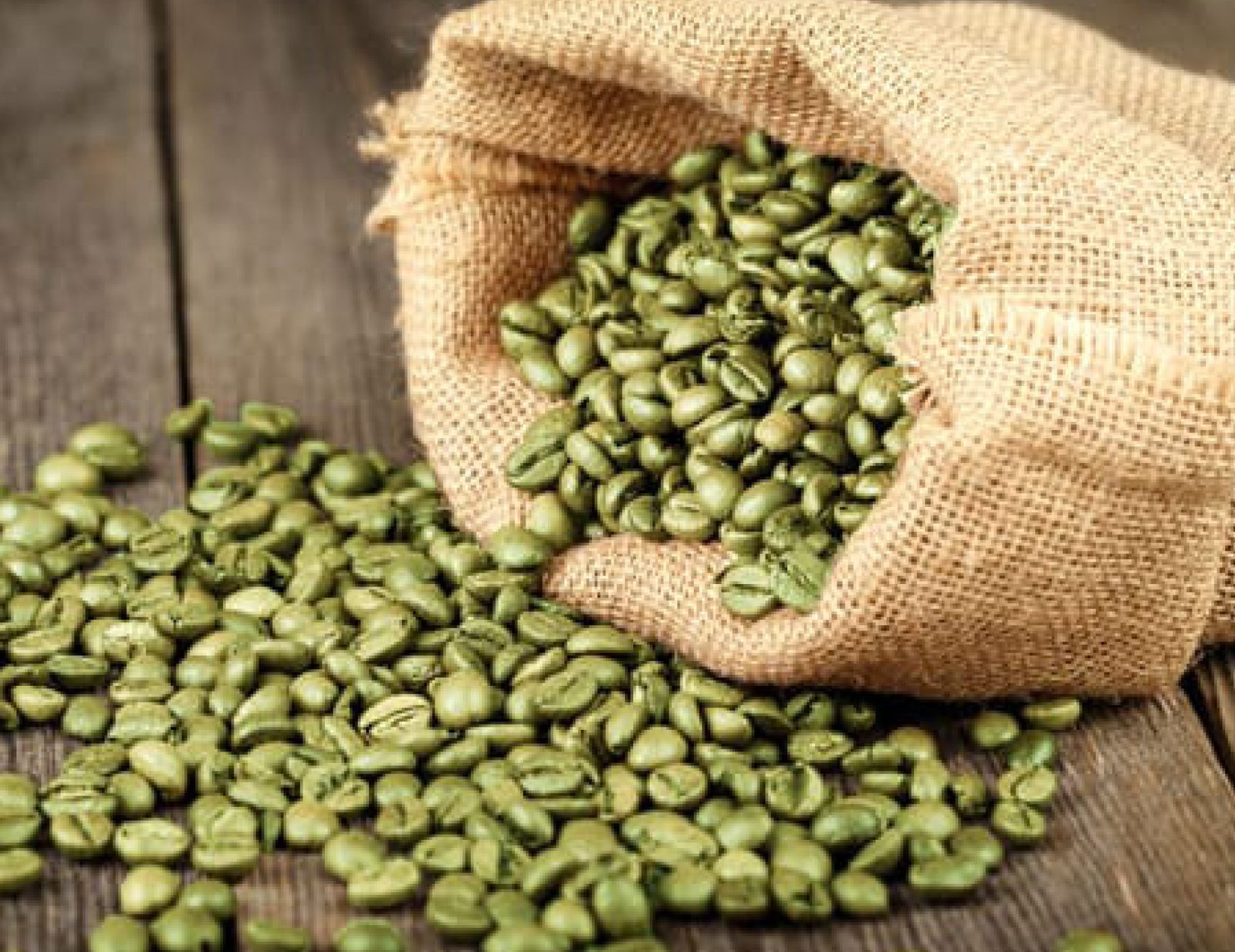Vietnam is known as one of the world’s top coffee exporters, and its coffee culture is as rich and diverse as the country itself. From the highlands of Central Vietnam to the bustling streets of Hanoi and Ho Chi Minh City, Vietnamese coffee offers a unique experience that reflects the country’s history, geography, and traditions. In this blog, we’ll explore the various types of Vietnamese coffee, their distinctive flavors, and how they are regarded by coffee enthusiasts around the world.
1. The Rich Variety of Vietnamese Coffee
Vietnam’s coffee industry is characterized by a wide range of coffee varieties, each with its own unique characteristics:
- Robusta (Coffea canephora): Vietnam is the largest producer of Robusta coffee in the world. This variety is known for its strong, bold flavor with a higher caffeine content compared to Arabica. Robusta beans are often used in traditional Vietnamese coffee recipes, such as the famous “cà phê sữa đá” (iced coffee with condensed milk).
- Arabica (Coffea arabica): Though less commonly grown than Robusta, Arabica is also produced in Vietnam, particularly in regions like Da Lat in the Central Highlands. Arabica beans offer a more subtle, complex flavor profile, with fruity and floral notes. This variety is increasingly popular among specialty coffee enthusiasts.
- Excelsa (Coffea liberica var. dewevrei): Excelsa coffee is a lesser-known variety that contributes to the unique flavor of Vietnamese coffee blends. It has a tart, fruity flavor and is often used in combination with other beans to create a balanced taste.
- Catimor: A hybrid of Arabica and Robusta, Catimor is cultivated in some regions of Vietnam. It combines the smoothness of Arabica with the hardiness of Robusta, resulting in a balanced flavor that appeals to a wide range of palates.
2. The Distinctive Flavors of Vietnamese Coffee
Vietnamese coffee is renowned for its robust and complex flavors, which are often attributed to the country’s unique growing conditions and traditional processing methods:
- Bold and Earthy: Vietnamese coffee, especially Robusta, is known for its strong, earthy taste with a hint of bitterness. This bold flavor is the foundation of many traditional Vietnamese coffee drinks.
- Nutty and Chocolatey: Depending on the roast and blend, Vietnamese coffee can also have nutty and chocolatey undertones. These flavors are particularly prominent in darker roasts and are often enhanced by the addition of sweetened condensed milk.
- Fruity and Floral: Arabica beans from regions like Da Lat are prized for their fruity and floral notes. These flavors are more subtle and delicate, making Arabica a favorite among those who prefer a lighter, more nuanced coffee experience.
- Smoky and Caramelized: Some Vietnamese coffee beans are roasted with butter and sugar, imparting a smoky, caramelized flavor that is distinctively Vietnamese. This roasting technique adds depth and richness to the coffee, making it perfect for traditional brewing methods.
3. Reviews and Global Perception
Vietnamese coffee has garnered a global following, with many coffee lovers praising its unique qualities:
- Traditional Brewing Methods: The use of the “phin” filter, a traditional Vietnamese coffee brewing method, is often highlighted in reviews. The slow drip process allows for the full extraction of flavors, resulting in a rich and aromatic cup of coffee. The combination of strong coffee with sweetened condensed milk creates a balanced, indulgent drink that is beloved by many.
- Versatility: Vietnamese coffee is versatile and can be enjoyed in various ways, from hot black coffee to iced versions with milk or egg yolk. The famous “egg coffee” (cà phê trứng) from Hanoi, made with whipped egg yolk, sugar, and condensed milk, is a unique and creamy treat that has captivated both locals and tourists alike.
- Quality and Sustainability: With the rise of specialty coffee, more Vietnamese producers are focusing on high-quality, sustainably grown beans. This shift is reflected in the increasing recognition of Vietnamese Arabica in international markets, where it is praised for its complex flavors and ethical production practices.
Conclusion
Vietnamese coffee is a treasure trove of flavors and experiences, offering something for every coffee lover. Whether you prefer the bold, earthy notes of Robusta or the fruity, floral elegance of Arabica, Vietnam’s diverse coffee culture has it all. As the country continues to refine its coffee production and expand its global reach, Vietnamese coffee is set to become an even more prominent player on the world stage. Whether you’re enjoying a cup at a local café in Vietnam or brewing it at home, Vietnamese coffee promises a journey of taste that is both rich in tradition and full of surprises.


